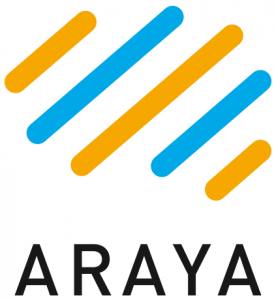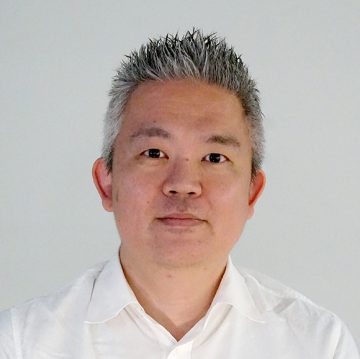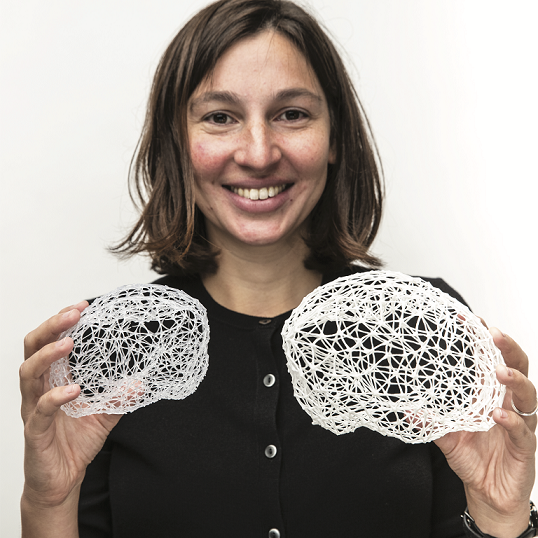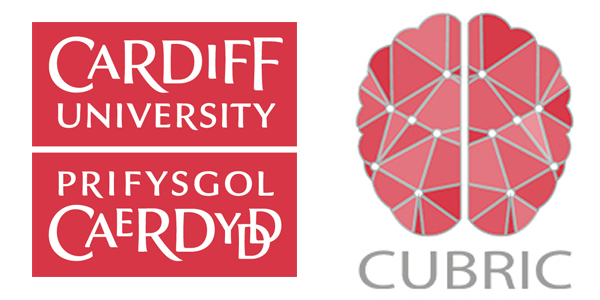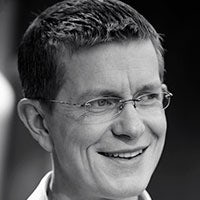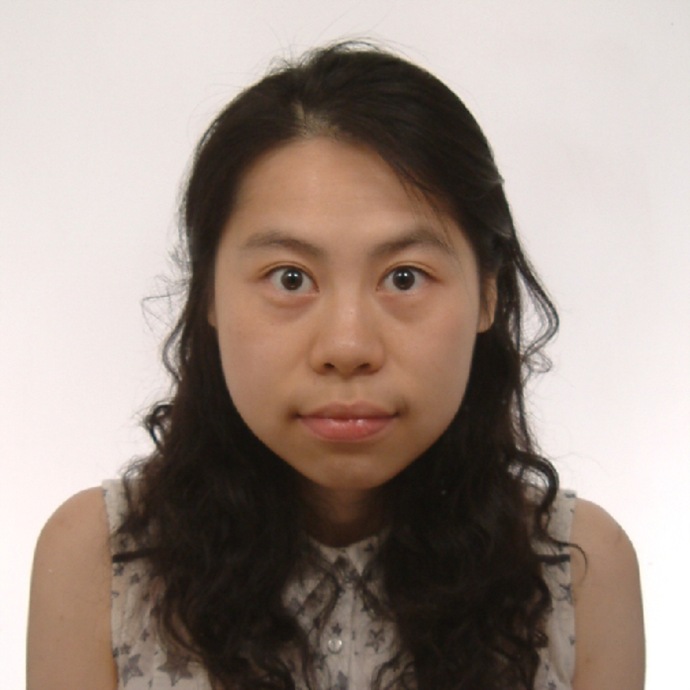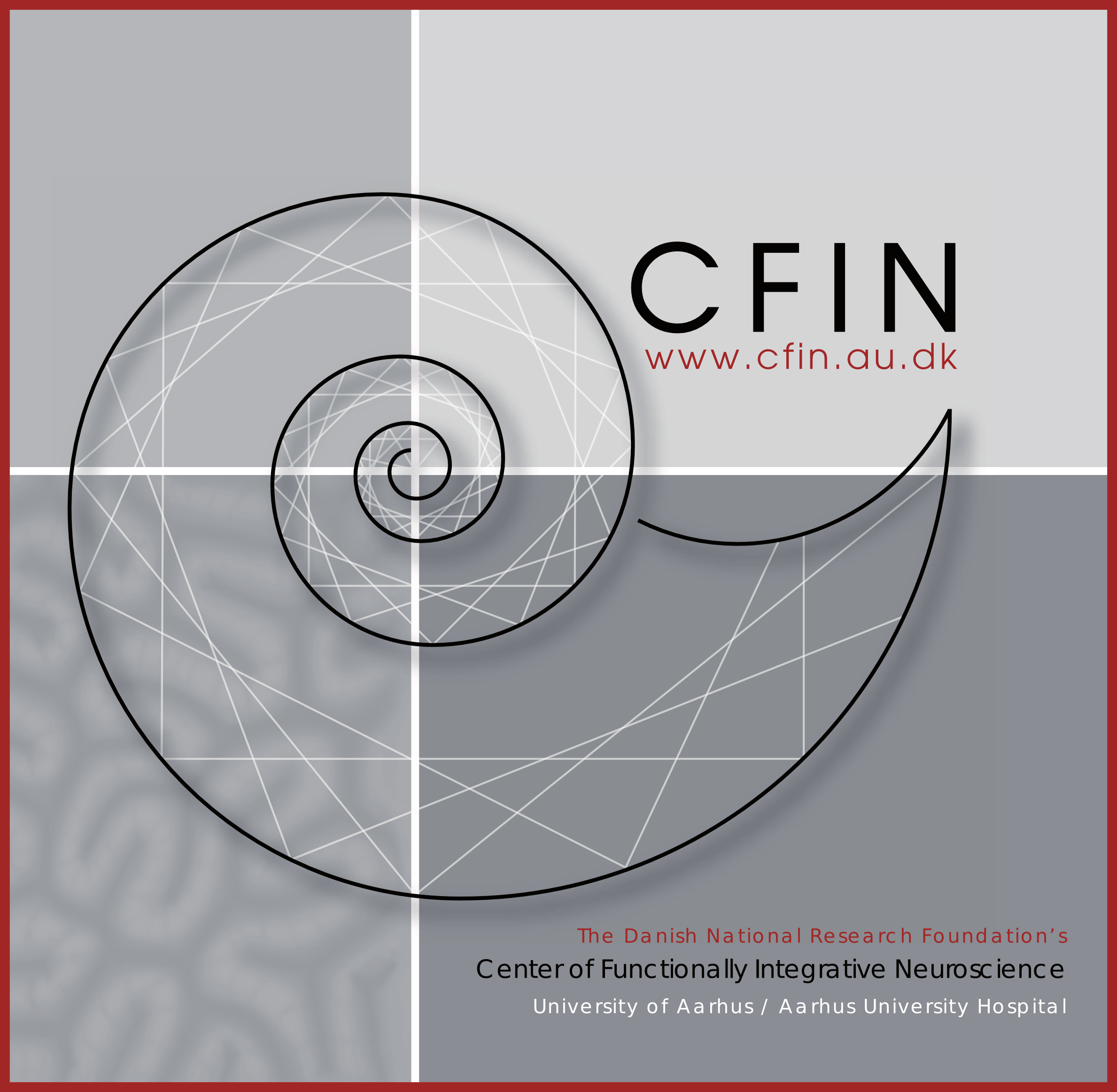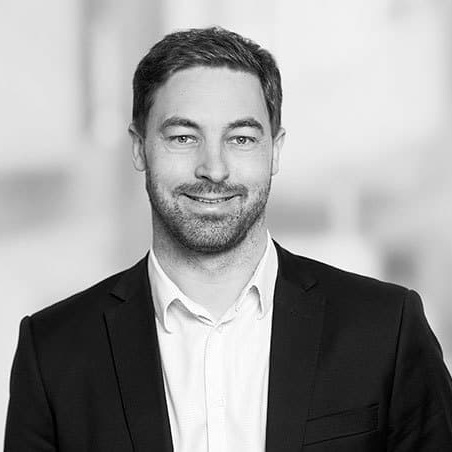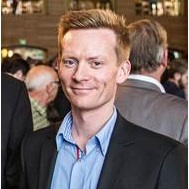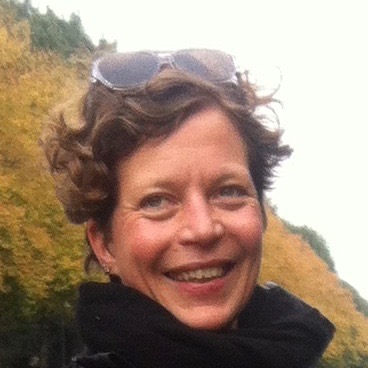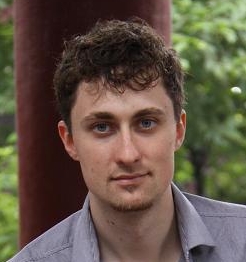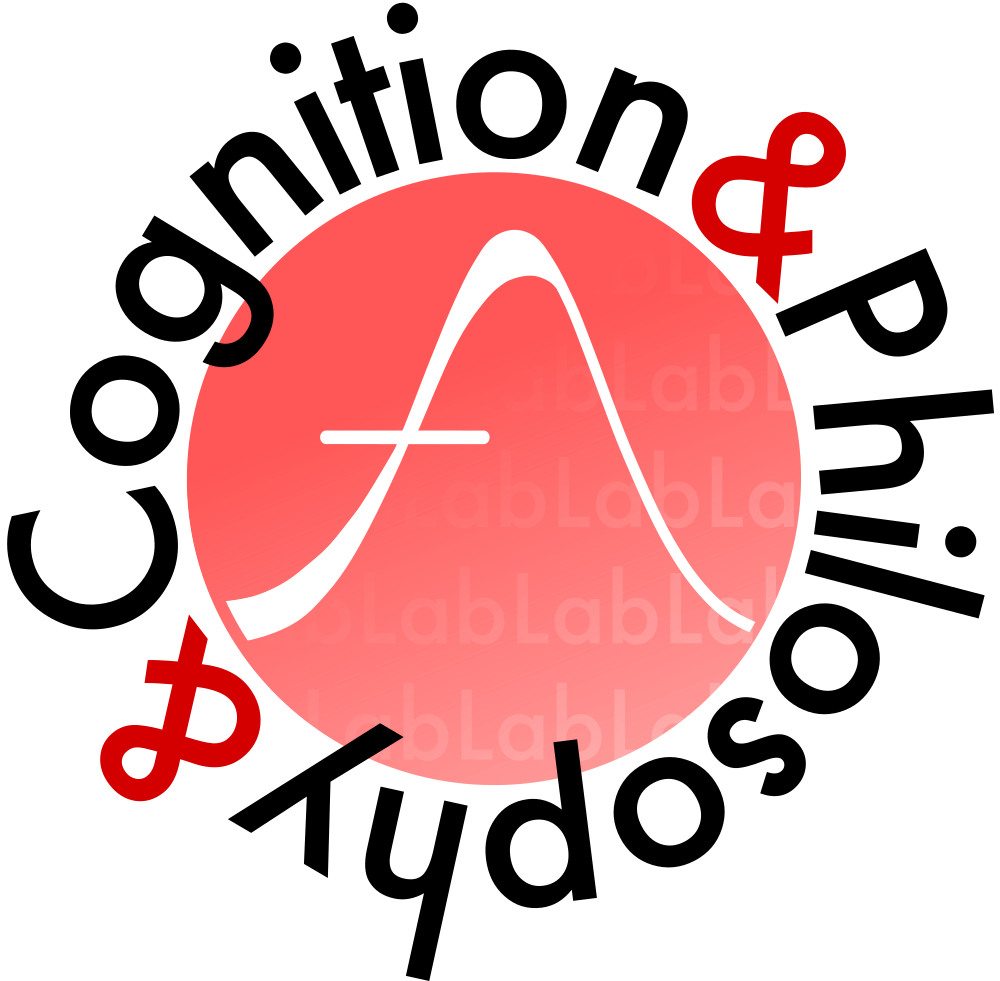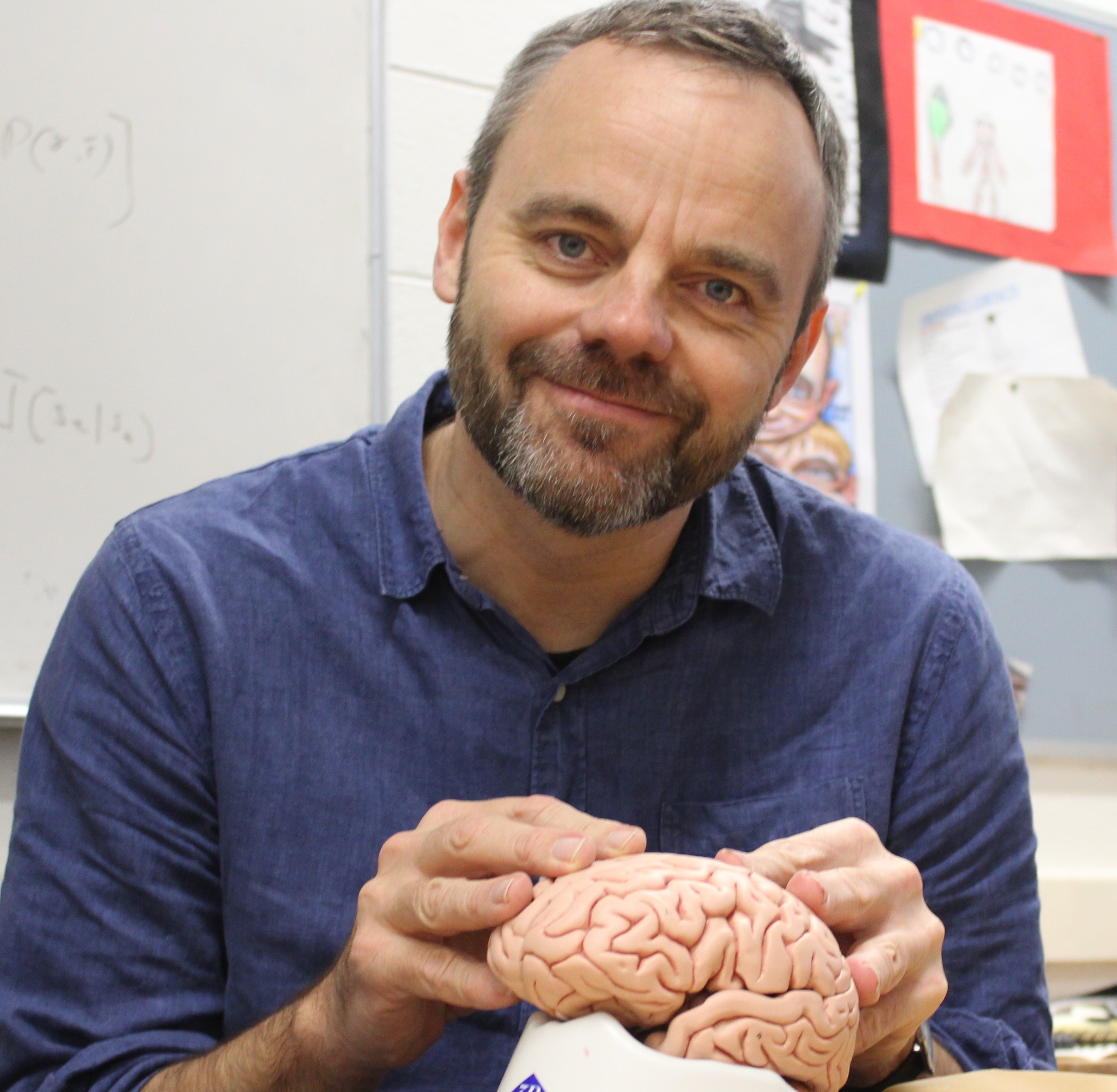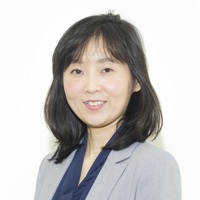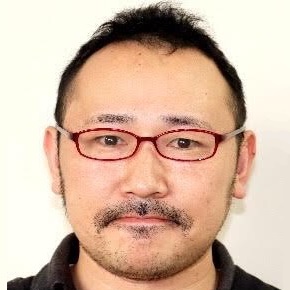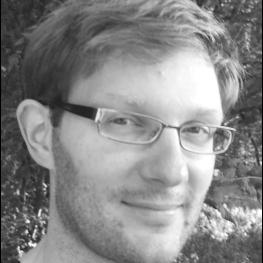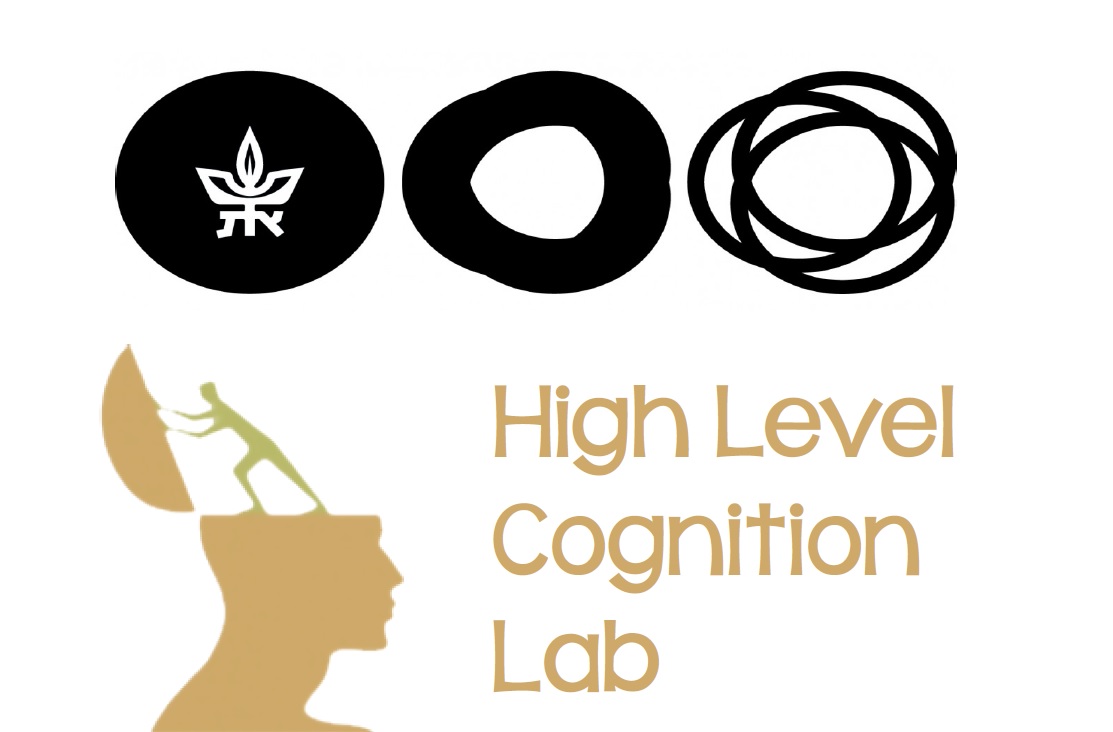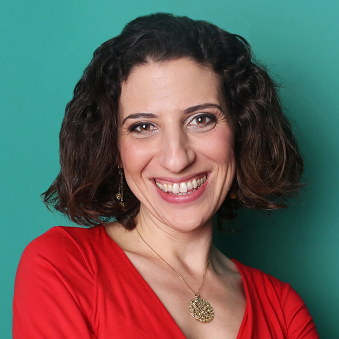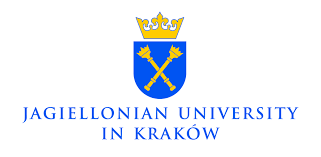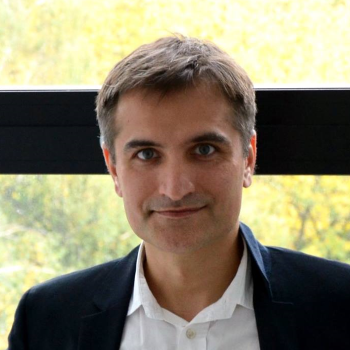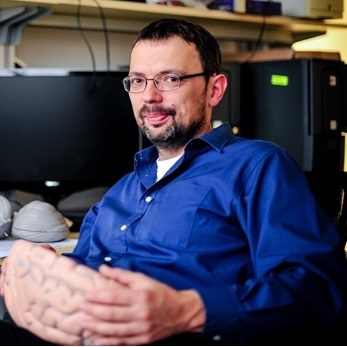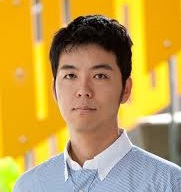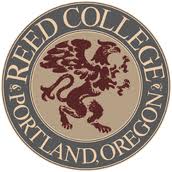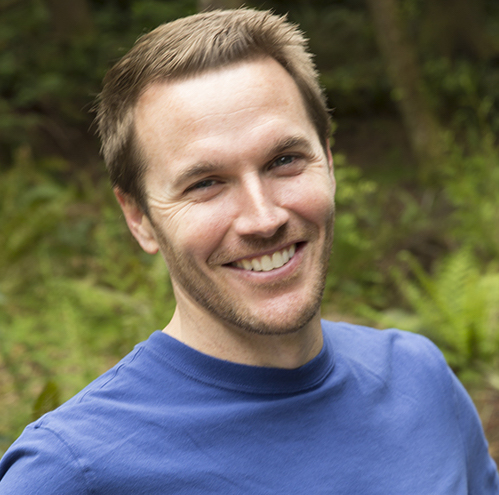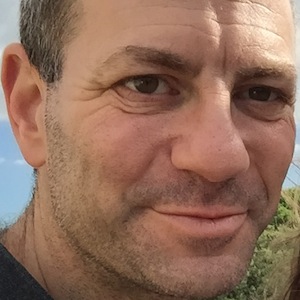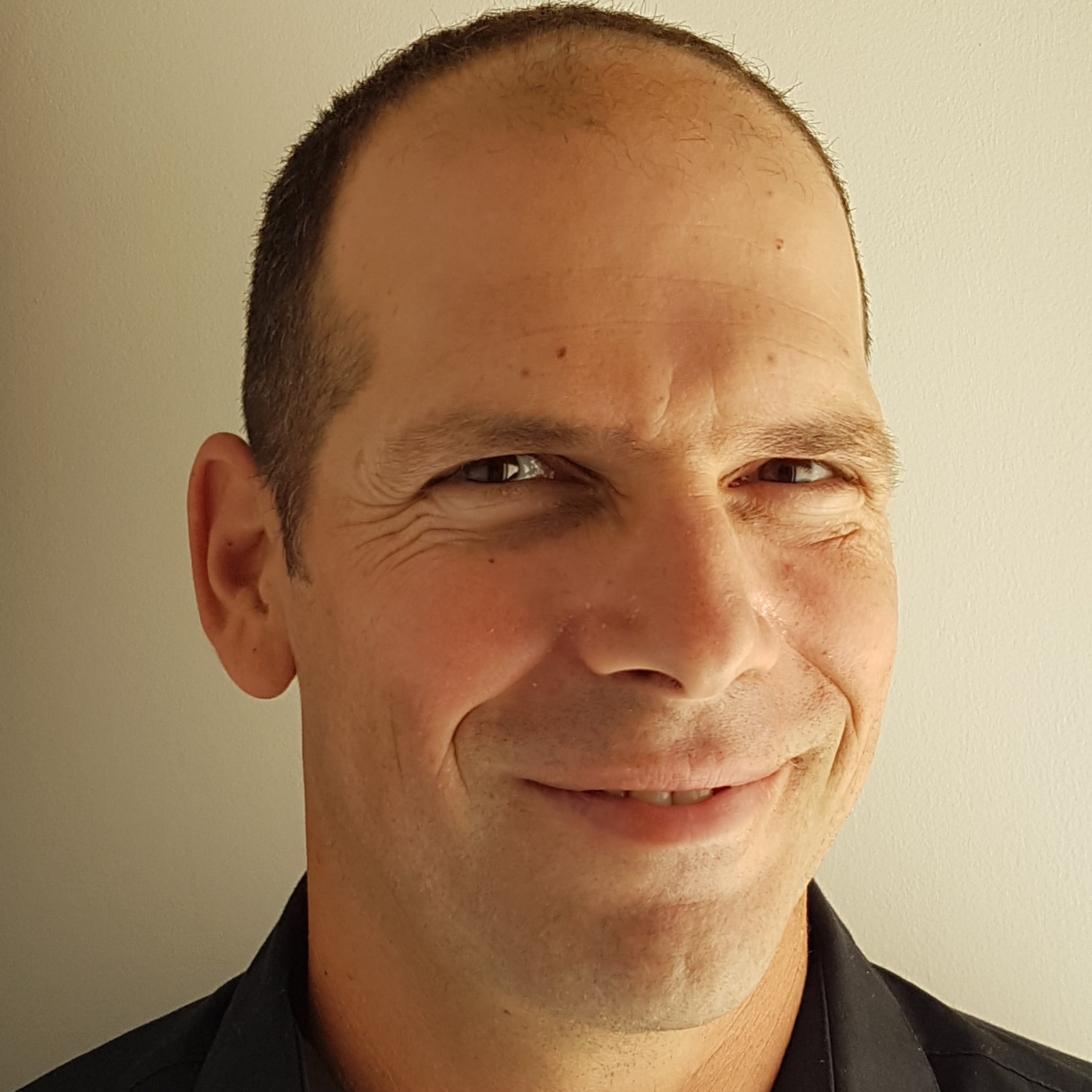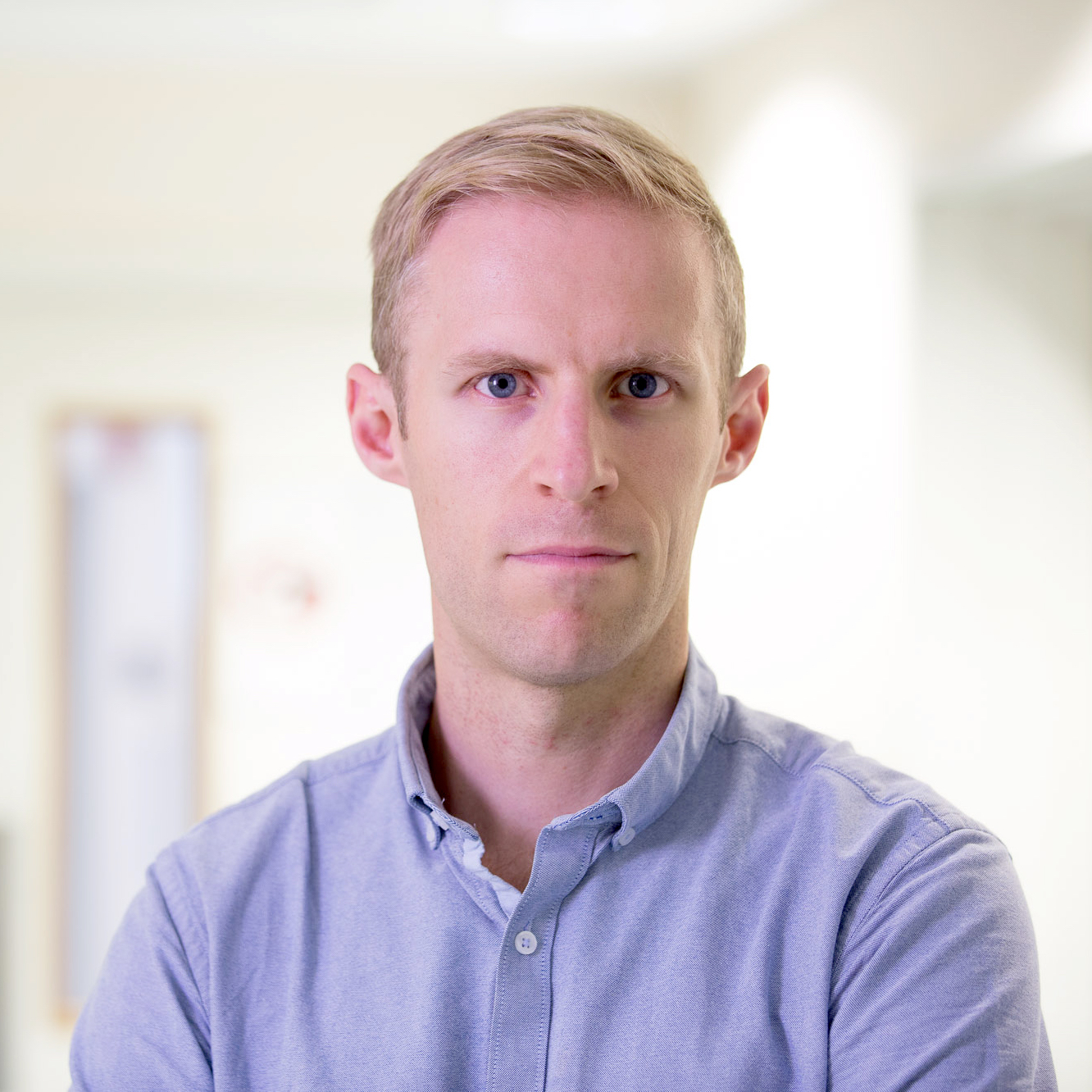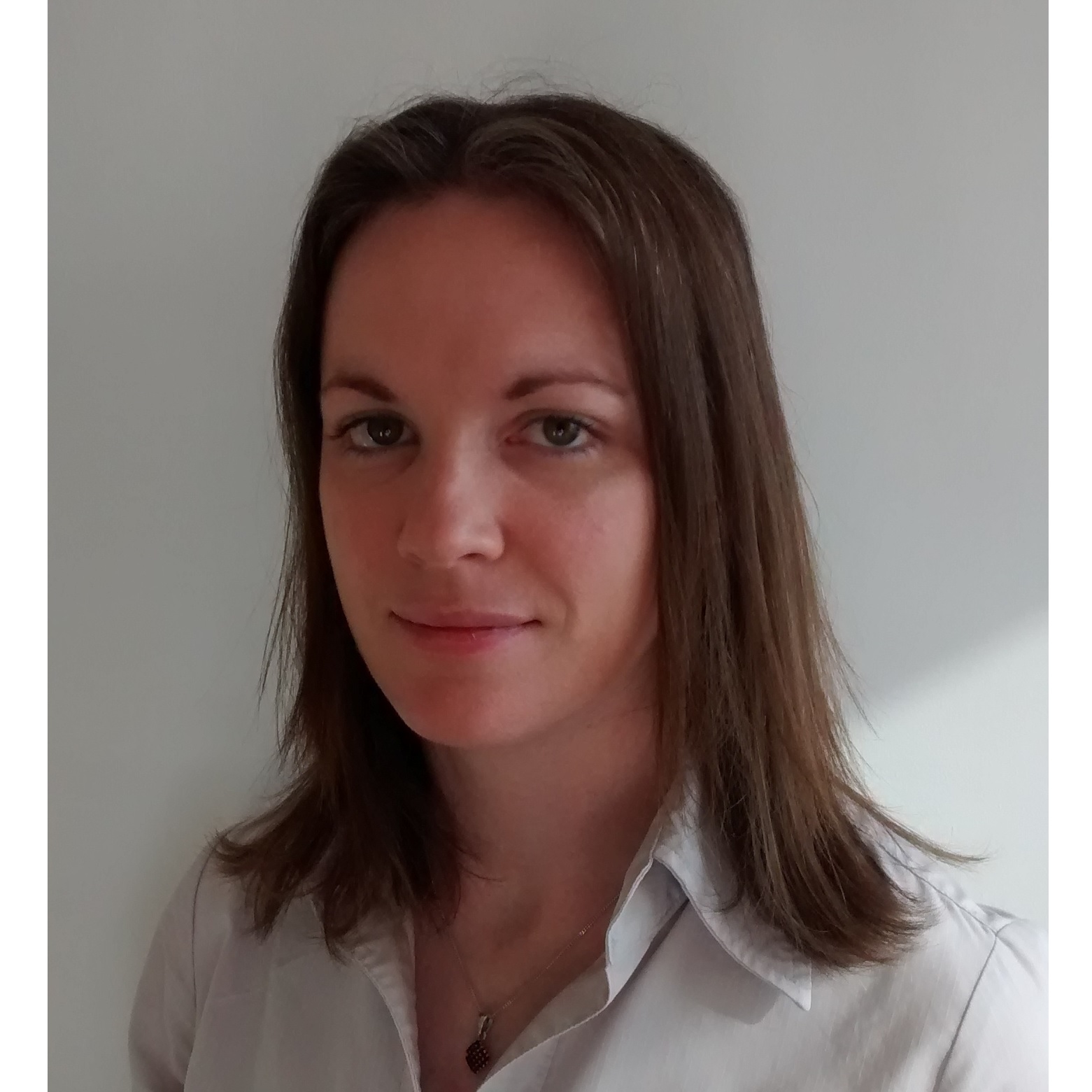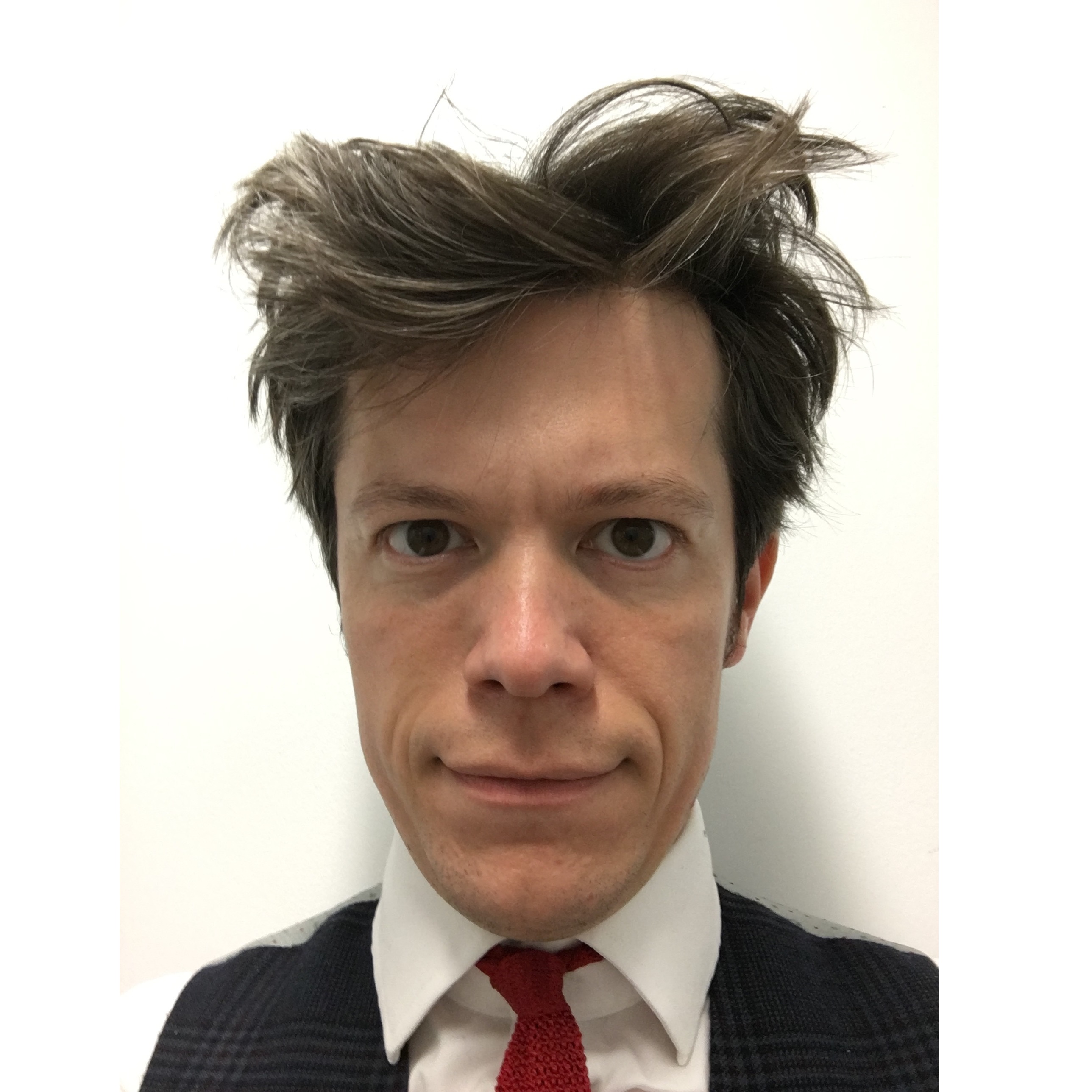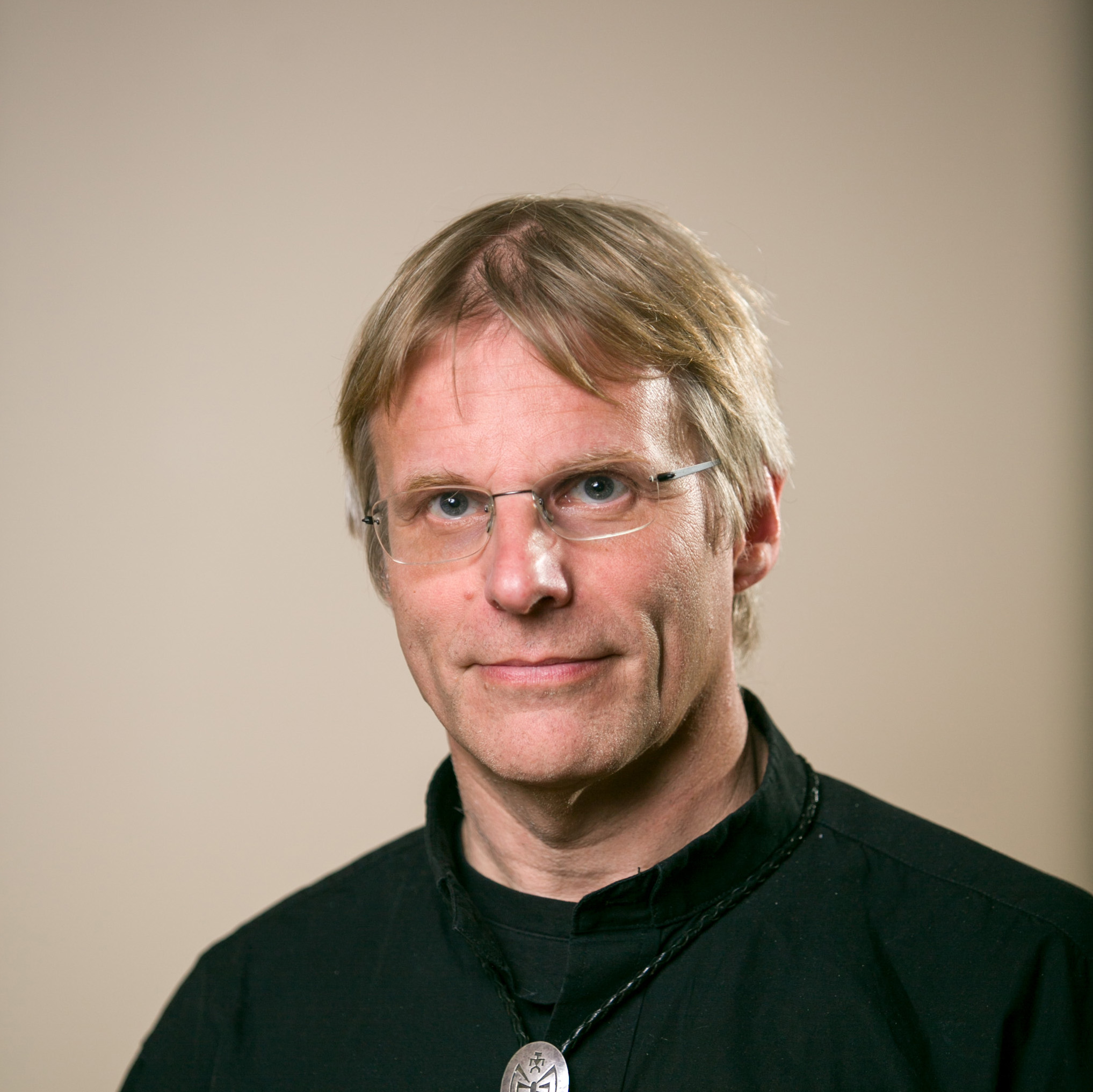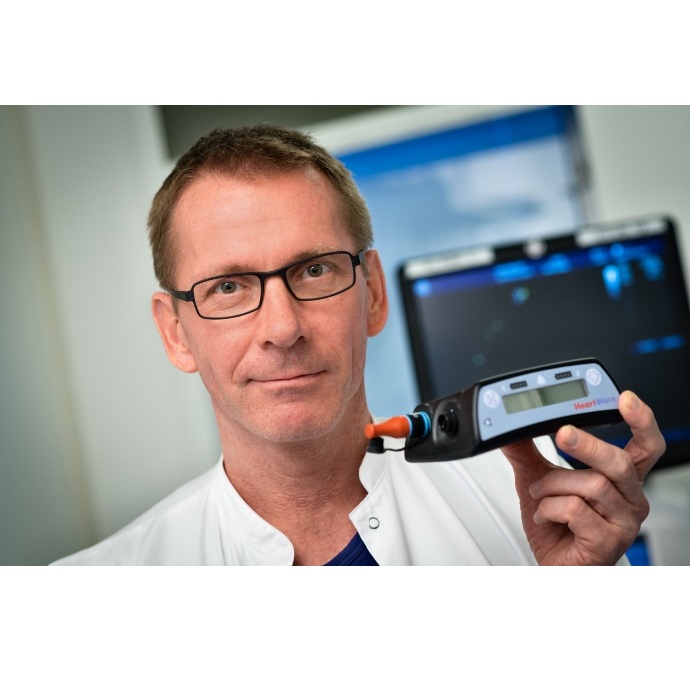SkuldNet Network
Cognitive neuroscientist at Tel Aviv University
Head of the High-Level Cognition Lab at the School of Psychological Sciences and Sagol School of Neuroscience, Tel Aviv University.
Research interests: Consciousness, Volition, Unconscious processing, Semantic integration.
Assistant Professor of Cognitive Neuroscience at Bar Ilan University.
Head of the The lab of Consciousness and Self at Gonda Brain Reserach Center , Bar Ilan University.
Research interests: Consciousness, Self, Agency, Body Ownership, Schziophrenia.
Professor of Philosophy at Monash University
Head of the Cognition & Philosophy Lab at Department of Philosophy, Monash University.
Research interests: Consciousness, self, perception, predictive coding and free energy principle.
Professor and Director of Cardiff University Brain Research Imaging Centre (CUBRIC).
My research is focussed on imaging of brain structure both at the macro- and micro-structural level. I am interested in how we may predict brain function from quantitative assessment of brain structure, particularly of the white matter which forms the connections between different brain regions. Without a detailed understanding of the connections and connectivity of the brain, we cannot fully understand how the brain functions. Yet this is an area largely overlooked in cognitive neuroscience. My research looks to fill these gaps in our knowledge. I employ a range of techniques including diffusion tensor imaging, relaxometry, volumetry and magnetization transfer imaging and combine these measures with assessment of brain function using both traditional cognitive tests and state-of-the-art neuroimaging methods to assess brain function, including functional MRI, magnetoencephalography (MEG) and transcranial magnetic stimulation (TMS).
Research interests: Optimal design of MR acquisition schemes for quantitative assessment of white matter; Statistical methods for analysing individual and grouped DT-MRI data sets; Development of fiber tractography – algorithms and visualization techniques; Combination of rapid relaxometric measurements with diffusion imaging data; Applications of DT-MRI tractography to the study of diseased populations; Integration of white matter structural assessment with other modalities (MEG, TMS, FMRI)
Principal Research Associate. Wellcome Centre for Human Neuroimaging, UCL.
I am a cognitive neuroscientist and psychologist with interests in decision-making, metacognition and conscious awareness. I combine computational models with a range of behavioural and cognitive neuroscience approaches including functional and structural MRI, TMS, M/EEG and eye tracking.
Research interests: Decision-making, Metacognition, Consciousness, Quantifying interindividual variability, Computational psychiatry, Functional imaging
Senior Lecturer and Head of Physics. Wellcome Centre for Human Neuroimaging, UCL.
I am an MRI Physicist with expertise in quantitative imaging of brain microstructure and the linking of this information with function and behaviour. A key part of my work is the development of measurement techniques (pulse sequences to run on MRI scanners), which enable researchers to get rich information that describe the organisation and workings of the human brain, and the development of models that extract specific tissue properties from the acquired data.
Research interests:
- Quantitative microstructural imaging of the human brain – Modelling of tissue properties – Evaluating interindividual variability – Exploring clinical conditions such as neurodegeneration
- Functional imaging
Fellow and assistant professor at Cardiff University.
Head of the Brain Complexity and Consciousness Group at Cardiff University Brain Research Imaging Centre (CUBRIC).
A central idea in biology is that structure determines function, and conversely, function modifies structure. The structure of the human brain varies substantially across individuals and exhibits marked plasticity within individuals. The variability and plasticity offer a natural tool to study the correlational and causal relations between brain structure, function, and cognition. My current research on this topic follows two inter-linked lines, where I investigate (1) how the structure of visual cortex affects neural function and human perception, and (2) how sleep benefits cognition by improving brain structure for better functionality. From these studies, I wish to gain an understanding of what constitutes an optimal brain structure, and explore how that may be achieved through brain plasticity.
Research interests: consciousness, perception, sleep, network science, neuroimaging methods
Junior group leader at the Humboldt-Universität zu Berlin and the Bernstein Center for Computational Neuroscience Berlin.
Head of the Metamotorlab at the Bernstein Center for Computational Neuroscience Berlin.
Research interests: Consciousness, metacognition, motor control.
Leader of the Brain and Mind Research Team at the National Institute of Radiological Sciences, Chiba, Japan.
Associate professor at Aarhus University. Managing Director and Founder Cercare Medical.
Head of the Neuroinformatics group at the Center of Functionally Integrative Neuroscience at Aarhus University.
Research interests: Clinical Decision support, Artificial Intelligence, Statistics, Neuroimaging, Consciousness
Researcher in the Brain and Mind Research Team at the National Institute of Radiological Sciences, Chiba, Japan.
Medical Research Council Clinician Scientist. Wellcome Centre for Human Neuroimaging, UCL.
I am a clinical-academic an honorary consultant in Neurology, with expertise in Neuroimaging and Movement Disorders. My work focuses on how differences in brain anatomy contribute to the variability between individuals in health and disease. I have developed a collection of advanced imaging techniques to better define subcortical and brainstem anatomy at an individual subject level. I have also developed ways to map anatomical patterns of disease heterogeneity, and combine clinical-genetic-imaging datasets to predict future complications.
Research interests:
- Computational Anatomy & Phenotyping – Image segmentation – Interindividual variability – Neurodegeneration
- Precision medicine
Founder and CEO of Araya, Inc.
Araya is a Tokyo-based AI and Neuroscience startup aiming to understand the computational basis of consciousness by creating consciousness in AI.
After graduating from Department of Biophysics, Kyoto University, Ryota earned his PhD in Experimental Psychology from Utrecht University in Netherlands and worked as a postdoctoral fellow in Caltech and University College London. He continued his research into consciousness as a Reader in Cognitive Neuroscience at Sackler Centre for Consciousness Science, University of Sussex. He returned to his native Japan and founded Araya. He and his team at Araya aim to discover computational principles underlying consciousness and apply them in designing new forms of artificial intelligence, which can feel and ponder upon its own existence.
Research interests: neural and information basis of consciousness, information and physics, artificial and natural Intelligence, subjectivity and reality.
Professor at Aarhus University.
Head of Neurophysics at the Center of Functionally Integrative Neuroscience at Aarhus University.
Research interests: MRI based microstructural mapping of the brain, diffusion MRI, statistical physics
Assistant professor at the Center for Music in the Brain (MIB), Aarhus University.
Visiting researcher and Co-PI on large-scale School Project on Hearing & Language in the Adolescent Brain at Newcastle University Auditory Group (UK).
Guest researcher in EEG Project on Beat-based neural Entrainment at TU Berlin Machine Learning Group (Germany).
Research interests: Conscious and subconscious processing of time and rhythm, including congenital, developmental and neurological impairments, and the relevance to language, music and movement.
Professor, MD, DmSC, at Aarhus University and Aarhus University Hospital.
Head of the Cardiac Transplant Unit, Consultant in Cardiology, Department of Cardiology, Aarhus University Hospital.
Research interests: Cardiac arrest, mental and behavioral dysfunction, intensive cardiology, advanced heart failure
Professor of Psychiatry, Distinguished Professor of Consciousness Studies, David P White Chair in Sleep Medicine University of Wisconsin-Madison.
Director of the Wisconsin Institute for Sleep and Consciousness at the University of Wisconsin-Madison.
Research interests: Consciousness and its disorders, the mechanism and function of sleep.
Associate professor at Aarhus University and Aarhus University Hospital.
Head of the Perception and Neuroarchitectural Mapping Group at the Center of Functionally Integrative Neuroscience at Aarhus University.
Research interests: Consciousness (including disorders of consciousness), perception, basic and clinical application of machine learning, MRI based neuroarchitectural mapping.
Associate professor at Monash University.
Head of the MoNoC Monash Neuroscience of Consciousness, aka ‘tLab’ at School of Psychological Sciences, Monash University.
Research interests: Consciousness (levels and contents), its relationship with intelligences (incl. attention, working memory, access, report, metacognition), integrated information.
Associate Professor at the Institute of Psychology, Jagiellonian University. Founder of the C-Lab.
Secretary of the of the European Society for Cognitive Psychology (ESCoP; 2013-2017). Elected member of ESCoP Executive Committee (2015-2019). Member of the Polish Academy of Science (Young Scholar Academy; Committee of Psychology). Vice-Chairman of Young Scholar Academy (2014-2016). He worked as a visiting researcher at the CO3 Lab, Universite Libre de Bruxelles (2010-2011). I’m trying to investigate how conscious and unconscious processing differ. Searching for the vague threshold between both I use various behavioral paradigms to show how our consciousness influences the way we perceive and think about the world.
Research interests: embodiment, spatial navigation, sensory substitution, virtual reality.
